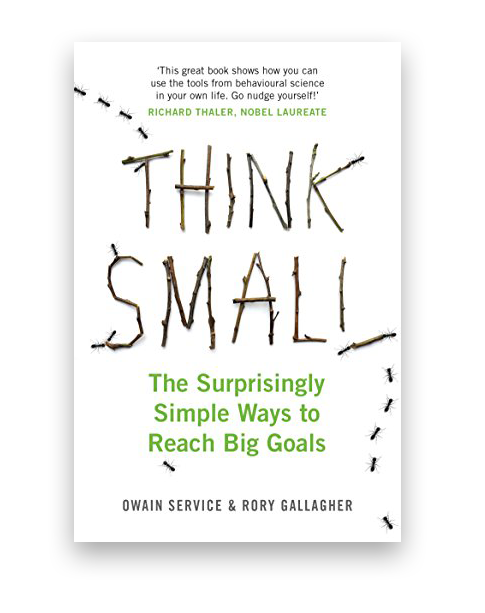Do you always seem to have a couple more drinks than you intended when you go down the pub? Or find yourself routinely coming home from work and unwinding with a G&T? If so, you’re certainly not alone, but the evidence on the impact of regular drinking on our health and life expectancy is becoming increasingly hard to ignore.
A recent large scale study examined the drinking habits of some 600,000 drinkers in 19 different countries, and came to some fairly stark conclusions. Those drinking around five to ten pints of beer a week had a reduced life expectancy at age 40 of around 6 months less compared to those who drank in lower quantities.
Yet more statistics and evidence are unlikely to turn the tide against this middle-aged mid-week drinking. Many of us intend to cut down, but we often fail to do so. Our environments, social networks and habits are often stacked against us, so willpower alone is not enough.
Behavioural science can help us understand why we don’t always act in our own self interests. But it can also help us to change how we live our lives to overcome challenges of this kind and reach goals we have for ourselves. That’s why we wrote Think Small. To help arm ourselves with the tips and tricks from the behavioural science literature.
There are lots of simple ways of making it easier to cut down your alcohol consumption, many of which we have applied in our own lives. You can reduce temptation by not keeping beers at home or in the fridge, or avoiding bringing the wine bottle to the dinner table or sofa as you watch TV.

You can reduce portion size by buying smaller wine glasses and sticking to standard single pours (rather than finishing the bottle…). You can create healthier substitutes, by swapping alcohol containing beer for a non-alcoholic alternative (there was a time when these were undrinkable, but as part of our commitment to ongoing research, we can now confirm that many of these are surprisingly good!). Or you can develop simple ‘bright lines’, such as not drinking any alcohol at home or during the working week.
We used these kinds of simple behavioural tools to curb our daily drinking, as well as to lose weight, get fit, save more, improve work-life balance, reduce mobile phone screen time and spend more time with our kids.
Think Small explains the behavioural science behind these principles. And puts them into a straightforward, 7 step framework. Its aim is to help all of us apply the insights from the behavioural science research to our own lives, when we recognise that we want to do something, but haven’t necessarily got the tools at hand to follow through. The book sets out to help you make better decisions at work, rest and play.
We’ve been delighted by the response to our book. Think Small has now sold 30,000 copies worldwide and is out in paperback today, 3 May.
We also love hearing from those who’ve used the tools from the book in their own lives. So if you have put Think Small into action, please do drop us a line!


